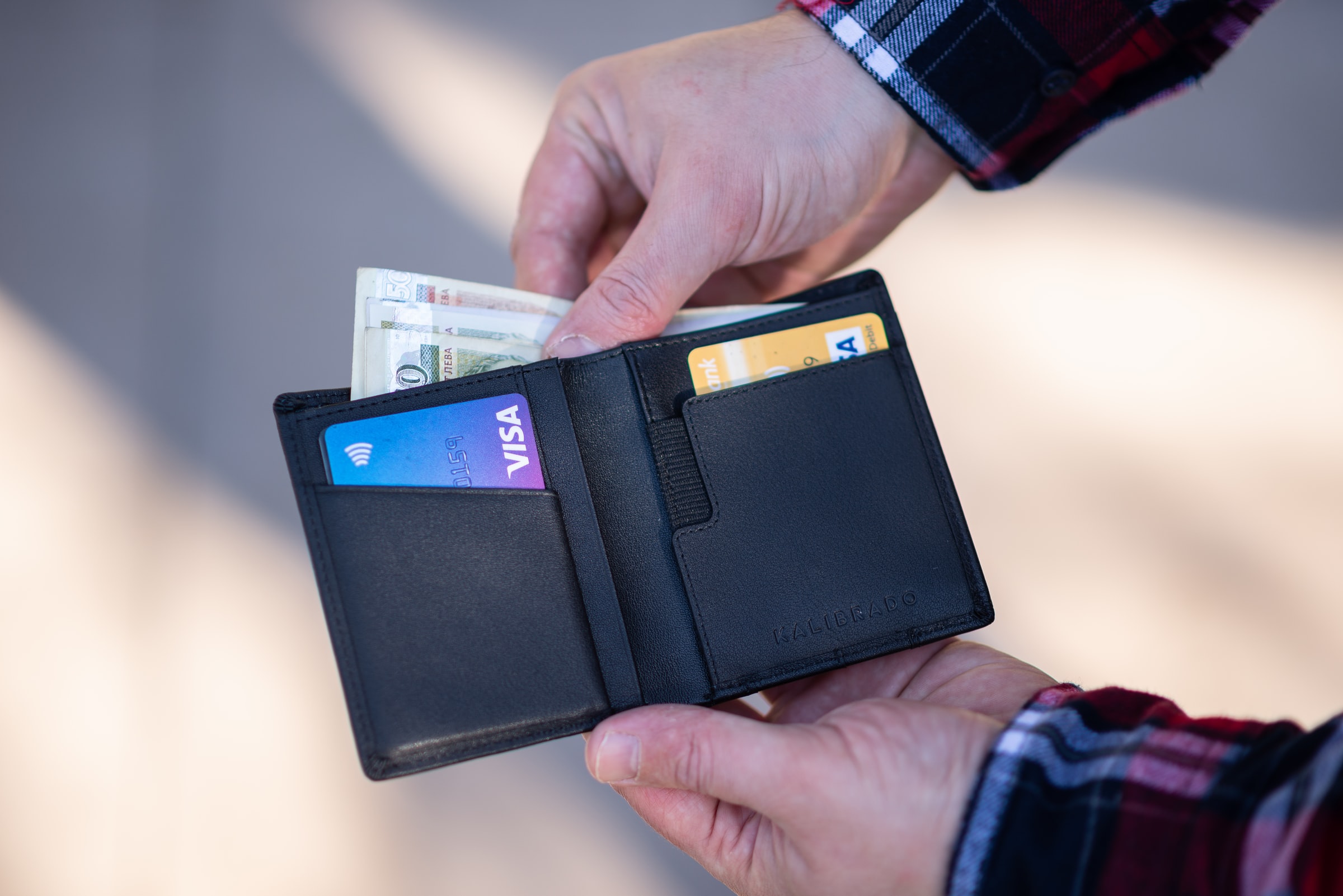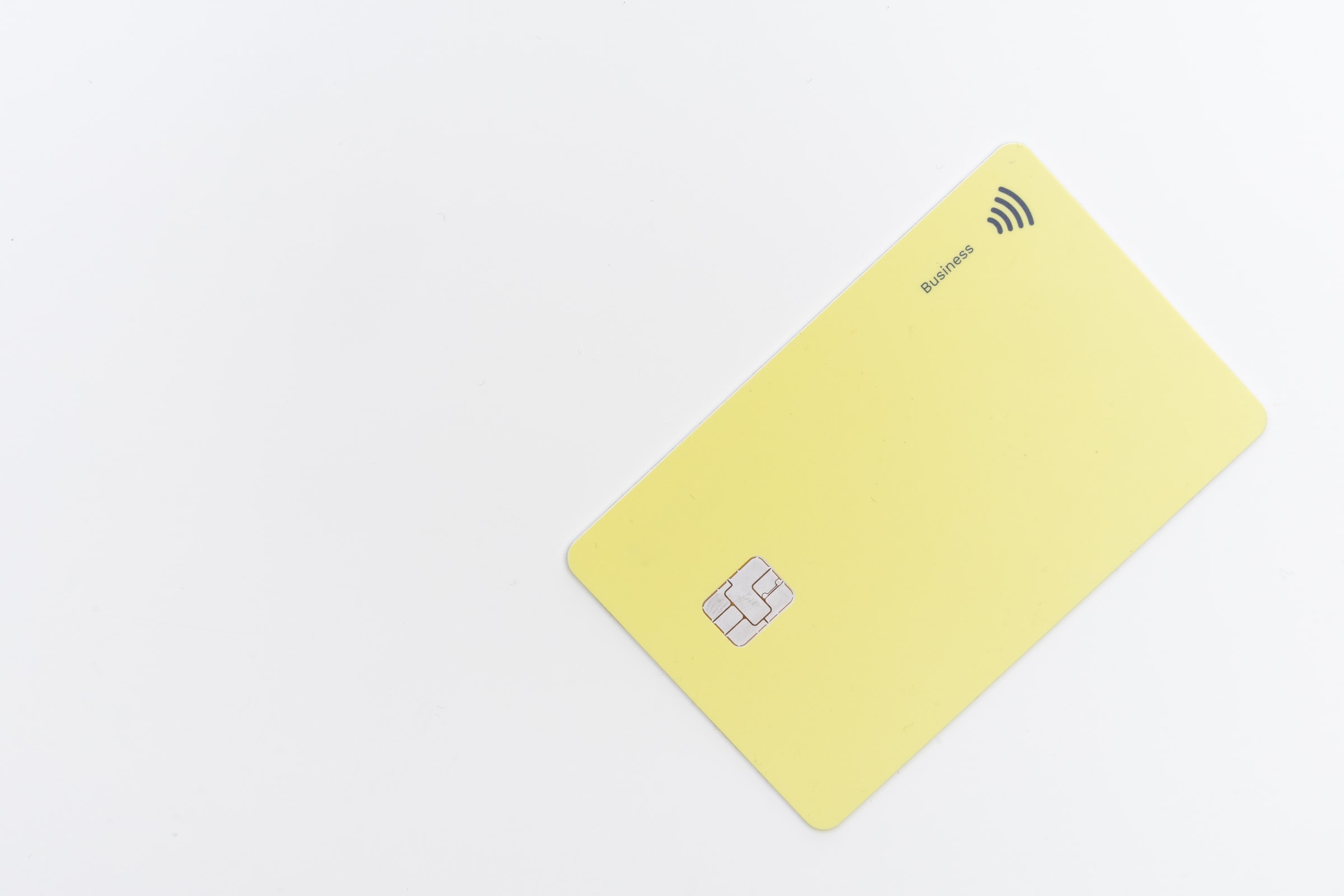In an effort to raise revenue for the state, a bill now popping up in the California State Legislature would tax all credit card rewards, including travel. The bill, Senate Bill 839, would also tax the value of airline and car rental points. This would hurt everyone, from consumers to the travel industry, but it would hit the hardest for those who work hard for their rewards.
A new attack on a popular type of credit card is underway, targeting the rewards that cardholders earn. The proposed rules would moderate the amount banks can charge for rewards, requiring they offer their customers an attractive option. That way, cardholders will be encouraged to spend less.
A couple of weeks ago, the Federal Reserve Board, which is in charge of regulating all US banks, ordered banks to cut back on the rewards they offer to their customers. This is part of the Federal Reserve’s efforts aimed at kick-starting the economy from its prolonged slump and to help banks get back to profitability. But, it doesn’t stop there. Rather than boosting the economy via spending by businesses and consumers, banks seem to be going after their clients, who are mostly poor.
A new attack by Rich against Poor on credit cards wants to tax rewards

Gary Leff 6. June 2024 Vox publishes an article repeating the old story that credit card bonuses favor the rich at the expense of the poor because credit card processing fees drive up prices – even for people who don’t pay with credit cards. However, this article has a quirk: it insists on taxing card rewards.
The rich get big subsidies on everything they buy, Klein told Vox. The fact that they are tax-free is also important because richer people pay higher income taxes, so the richer you are, the greater the benefit of being tax-free. In other words: The more you spend, the better the rewards and the greater the tax benefits. Here’s TikTok with this argument, which happens to be very misleading.
@planetmoney Credit cards are a tax on the poor. #creditcard #tax #economics #tiktokpartner #learnontiktok
@planetmoney Credit cards are a tax on the poor. #creditcards #tax #economy #tiktokpartner #learnontiktok Original sound – planet money Here, however, are five reasons why this claim is, at best, misleading:
- Where restrictions on interbank transactions have been introduced, prices have not fallen Current prices are the prices that people are willing to pay at current transaction volumes (supply and demand). Reducing substitution means lower costs for retailers, but there is no reason to believe that these lower costs will be passed on to consumers. Prices did not fall in Europe or Australia when interchangeability restrictions were introduced.
- Accepting credit cards is cheaper than cash Depending on the company, accepting cash costs 5% to 15%, which is significantly more than the cost of credit cards. This is due in part to employees pocketing the cash, mishandling it, large amounts of cash increasing insurance costs, and attracting outside thieves.
- People who pay with a credit card spend more Even if accepting credit cards were more expensive, it would be worth it because people who pay with a credit card spend more – they are not limited to the money in their wallet and can worry less about small amounts of money. This is one of the cheapest and most effective forms of marketing expenses a business can incur.
- Price increases for the poor (and everyone else) are not the result of credit card premiums If you are interested in price trends, you should focus on inflation, not trade. And, of course, it’s directly about how to expand access to the banking system. Encourage, rather than restrict, experimentation with financial instruments that make electronic payments accessible to all. The Vox article doesn’t mention it at all.
- The benefits of a credit card to the merchant are evidenced by the merchant’s behavior. Not only do merchants voluntarily accept credit cards, but most merchants do not offer discounts or surcharges for credit cards, although they are becoming more lenient. After all, they benefit from customers who prefer to pay by card rather than undergo these payment methods.

Concern for the poor is used as a pretext to defend the interests of retailers, who would certainly rather pay less for card processing than they do now. Enterprise-wide interconnection is a significant cost for large companies. If you really cared about the poor in the financial system, you would focus on the things that drive the poor into shadow banking systems and deny them access to traditional bank accounts.
Durbin’s amendment to Dodd-Frank financial reform, for example, put a cap on interbank debit card rates and made it uneconomical to offer checking accounts to the poorest of the poor. Banks could no longer make money by issuing debit cards to their customers, so the range of free services was greatly reduced. This drives people to alternatives like check cashing companies and high commissions.
The Vox article even argues for extending the Durbin Amendment to credit cards, Another possible policy solution could be to reduce interchange fees for debit card transactions under the Durbin Amendment, which is part of the Dodd-Frank Act of 2010. If credit card withdrawal fees were capped, premiums would certainly go down. But that’s also the regressive nature of credit card spending. Of course, restricting credit card spending leads to more transactions using less transparent means of payment, which also runs counter to other government interests.
Lake View from the Wing
Earlier this month, Senator Bernie Sanders (I-VT) introduced legislation that would tax point-of-service rewards. If you’ve ever shopped with an airline or hotel loyalty program, you’ve probably earned miles or points toward a freebie. For example, if you book travel through an airline loyalty program like MileagePlus, you can earn miles. These miles can be redeemed for free flights, award tickets, or cashback. But under Sanders’ new proposal, rewards earned from any loyalty program would be taxed at a rate of 2.2 percent… Read more about chase sapphire preferred 80,000 and let us know what you think.




